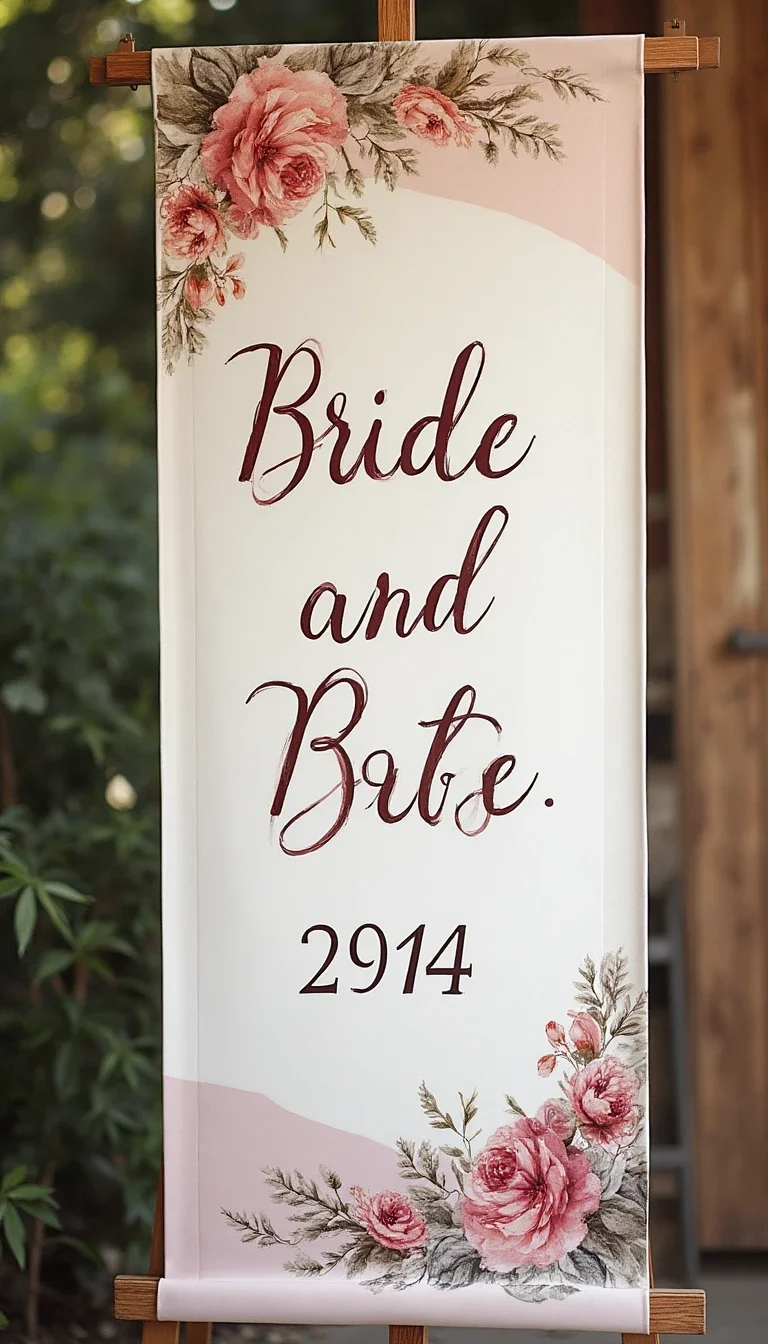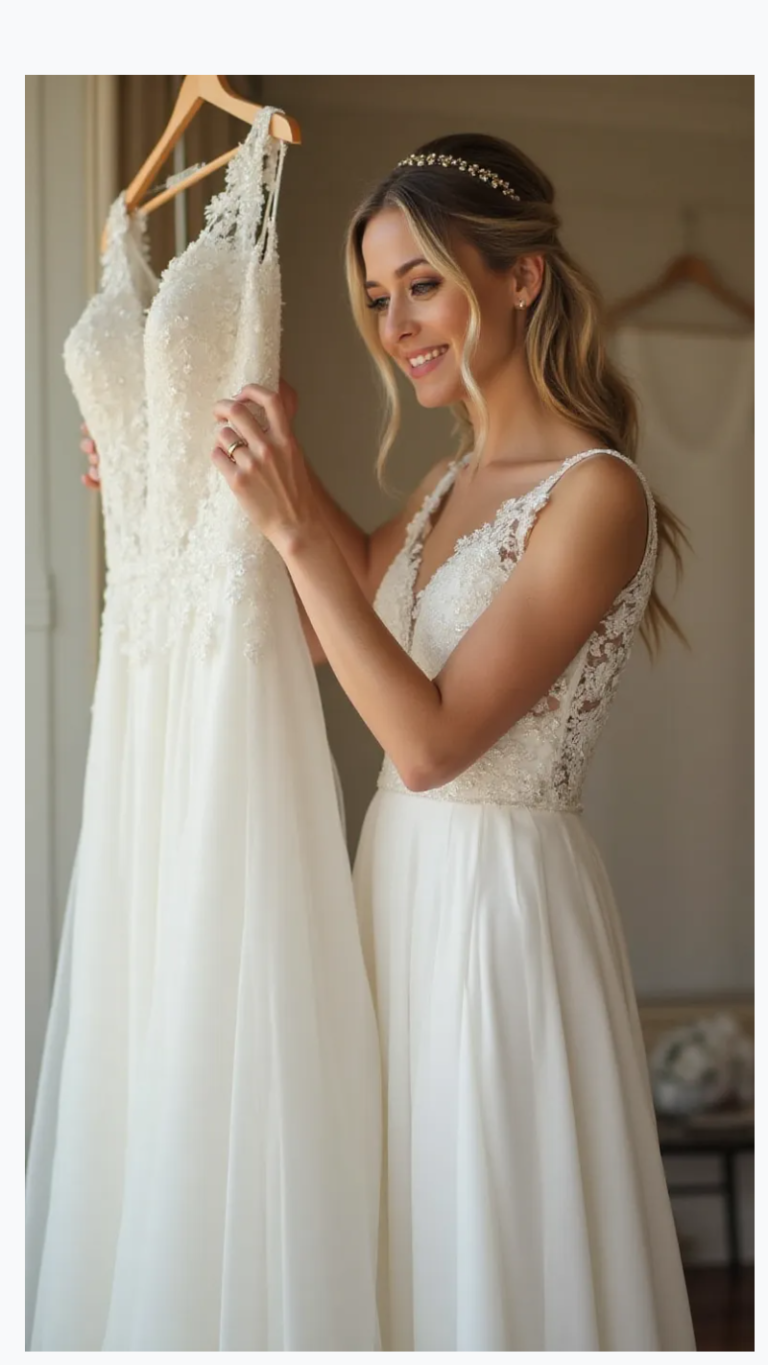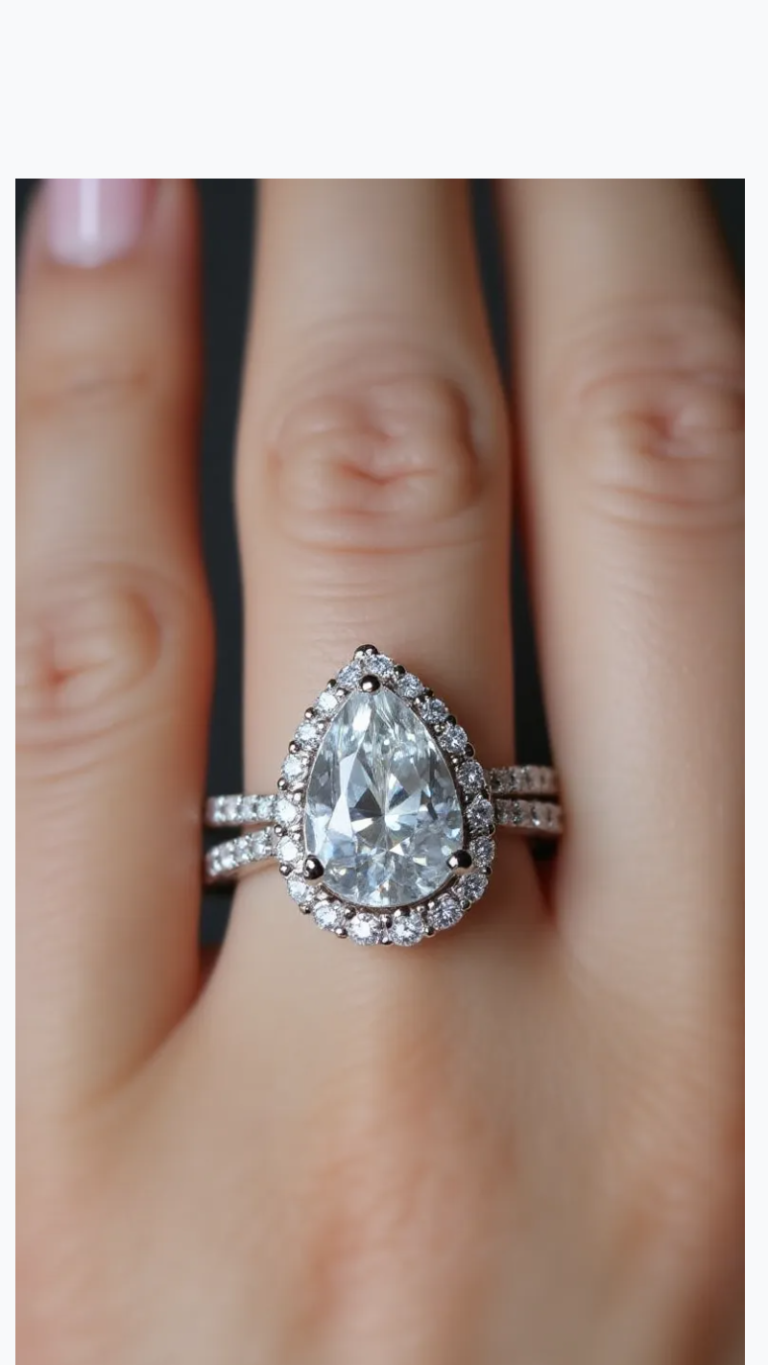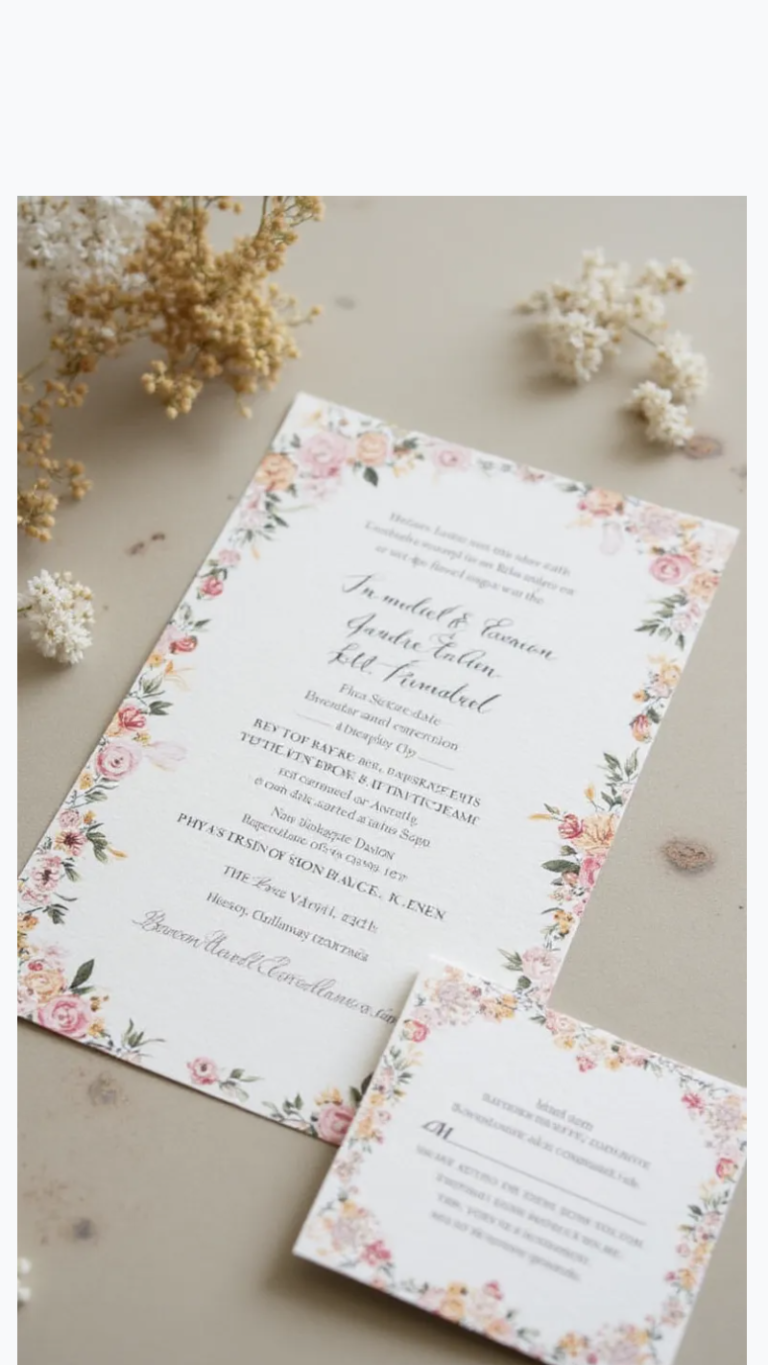Guest Doesn’t Give Wedding Gift Etiquette Explained Clearly and Respectfully
Wedding guests are typically expected to respond promptly to invitations, arrive on time, and dress according to the specified attire. These basic courtesies help ensure the event runs smoothly and respects the couple’s wishes.
A common uncertainty among guests is whether giving a gift is obligatory. While not required, offering a present is widely regarded as proper etiquette. Gifts can vary from items on a registry to contributions toward honeymoon expenses or monetary cards. Addressing what to do when a gift is not given is an important aspect of wedding guest etiquette.
Is It Expected for Wedding Guests to Bring Gifts?
Wedding guests are generally expected to bring a gift when they attend the ceremony and reception, as it is a widely accepted custom. The type and value of the gift are left to the guest’s discretion, but offering something to celebrate the couple’s new life together is considered good manners.
This expectation applies to all weddings, including destination celebrations. However, if the couple clearly asks for no gifts, guests may respect this request by offering a sincere congratulatory card instead. This gesture acknowledges the occasion without giving a physical present.
What to Do If You Didn’t Receive a Gift From a Guest
Allow Time for Late Gifts
It is common for wedding gifts to arrive days or even weeks after the celebration. Guests may delay sending gifts due to busy schedules or forgetfulness. Typically, couples can expect gifts to come within the first few weeks, sometimes up to a year after the wedding date. Patience during this period can prevent unnecessary stress.
Review Your Gift Registry Records
If a reasonable amount of time has passed without receiving a gift, checking the wedding registry can provide useful insights. Occasionally, items get delayed by shipping issues or may be on backorder. Additionally, some guests may contribute financially to honeymoon or home funds instead of giving physical presents, which might not be immediately obvious.
Most registries list the names of the purchasers. Reviewing these lists helps determine if a gift is missing or was purchased but not yet delivered. Contacting registry providers or stores can clarify whether an unaccounted-for gift is on its way.
Discreetly Inquire With Close Family or Friends
If there is particular concern over a missing gift from someone close, discussing it quietly with a trusted family member or friend can be helpful. For example, parents or siblings might have knowledge about intended gifts or reasons for absence. They could also address the issue tactfully on the couple’s behalf.
This approach avoids direct confrontation and may reveal information unknown to the couple, such as a gift sent but lost in transit or a mutual decision not to give.
Move Forward Without Dwelling on It
After an extended period without receiving a gift from a specific guest, accepting the situation is often the best course. Holding on to feelings of frustration or disappointment can have a negative emotional impact.
Directly asking guests why they did not provide a gift is considered impolite and may damage relationships. Instead, focusing on gratitude for those who participated and contributed fosters a positive post-wedding atmosphere.
| Action | Description | When to Use |
|---|---|---|
| Allow Time for Late Gifts | Wait several weeks to a few months for delayed gifts | Immediately after the wedding |
| Review Registry Records | Check for purchases, backorders, or fund contributions | After a month or two without gifts |
| Discreet Inquiry | Talk quietly with family or close friends for clarity | If a close guest is involved |
| Let Go | Accept and move on without confrontation | After several months without gifts |
Should You Send a Thank-You Note to Guests Without Gifts?
It is proper etiquette to send thank-you notes to everyone who attends a wedding, regardless of whether they bring a gift. The note should focus on appreciating their presence and the effort they made to join the celebration.
Avoid mentioning the absence of a gift in the message. A polite, warm thank-you can subtly remind guests who intended to send a gift but may have forgotten. If a guest did send a gift, they will notice its omission and can follow up. If they did not, the thanks remain a respectful and courteous acknowledgment of their attendance.
Key points to include in the thank-you note:
- Express gratitude for attending
- Mention specific moments or experiences shared
- Keep the tone positive and sincere
- Refrain from discussing gifts or their absence







